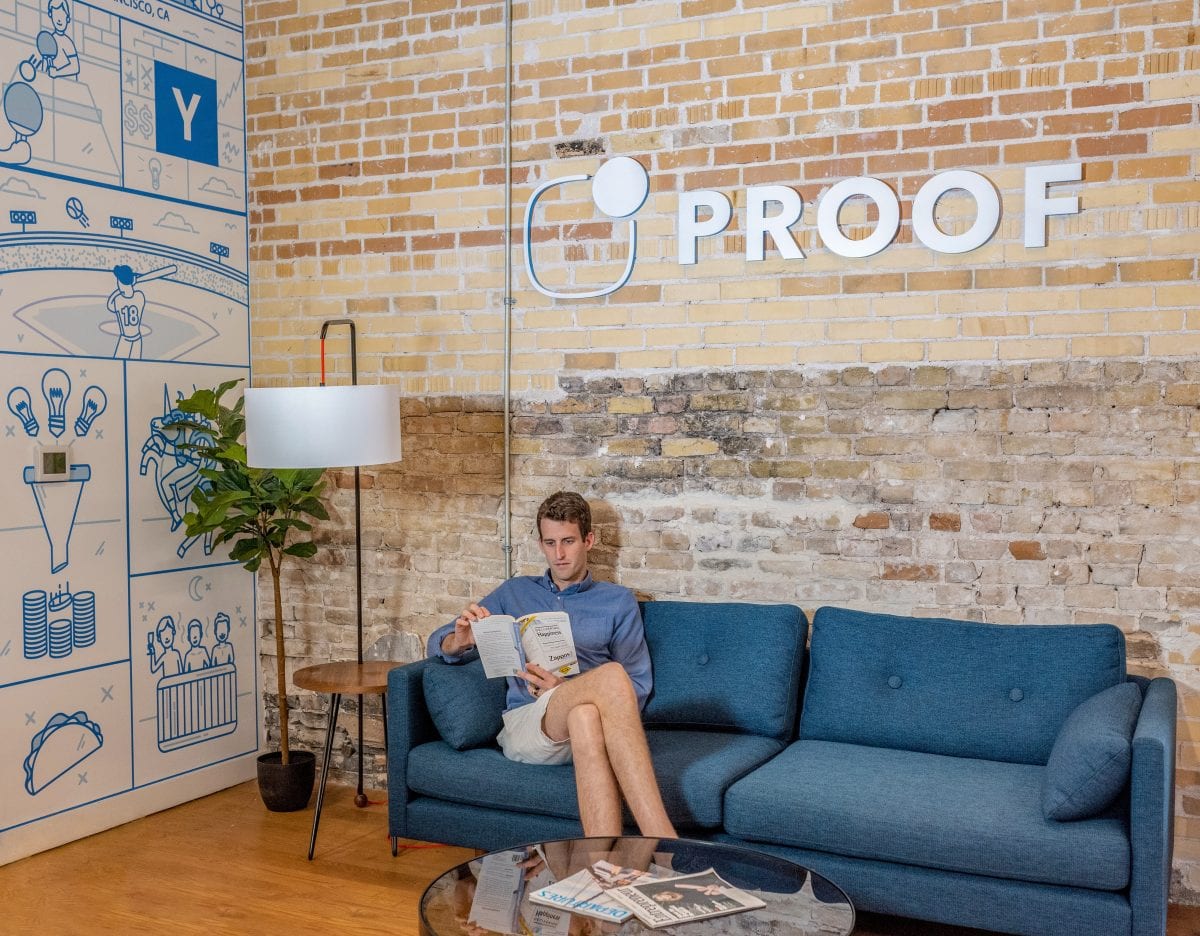
Millennials are forces of change. In the workplace, they’ve innovated on what work is and how we accomplish it. These eight trends show how Millennials—the workforce’s largest generational group—views their careers, the jobs they’re doing, and how the workplace is adapting to their specific needs.
- Remote work. The emergence of global workforces is driving new job trends. The days of 9-to-5 are gone. Companies operate across multiple time zones, making remote work a lifestyle choice for Millennials who are attached to their mobile devices. In fact, remote work has ushered in a new era of coffeehouse occupants, gig workers, and work-from-home parents.
- Experiential spaces. Millennials demand engagement opportunities in the workplace. White-walled cubicles and fluorescent lighting are taboo. Millennial workers want experiential spaces, like a game room with a foosball table where they can bounce ideas back and forth or a kitchen where they can make a snack to refuel their creativity. The more engaging the space, the more attractive Millennials find it—and the more committed they are to working in it.
- Work-life balance. Don’t expect Millennials to work themselves into a coma at a desk. They take pride in drawing a line in the sand between work and health, or anything else standing in the way of happiness. Millennial-focused workplaces understand this dynamic and offer dynamic solutions. Examples include alternative seating arrangements, flexible hours and scheduling, experiential spaces, and workplace wellness initiatives.
- Tech-driven workplaces. Millennials are the tech wizards of our multigenerational workforce. They’re old enough to have typed command lines into DOS, but young enough to use apps like Slack and Dropbox. Millennials see technology as the gateway to making work easier. Giving them broad access to cloud computing systems, productivity apps, and even social media guarantees a workforce enabled to do its best work.
- Flexible hours. PEW Research statistics about Millennials in the workplace indicate they wait longer to have children—choosing to establish relationships and careers first. When they do have kids, they’re also less likely to take time off due to concerns about falling behind professionally or being unable to support themselves while on leave. The rise in flexible work hours is a stopgap solution. Millennial parents working around child care and school schedules have driven flexible work hours into the mainstream.
- Collaborative floor plans. Work is a social place. Historically, the water cooler has been the only real social outlet. Millennials are bringing the social element back to work through a demand for collaborative floor plans. From Silicon Valley to Everytown, USA, open offices, hot desks, flexible workspaces, and agile environments are the new norm. This trend creates camaraderie and a culture that springs from it. People working together are more likely to bond, which fosters a stronger attachment to work and company.
- Automation. Technology and automation go hand-in-hand in the Millennial workplace. Whether it’s creating rules to sort email or programming weekly work tasks into project management apps, Millennials use technology to its fullest advantage by delegating as much as possible to AI. It’s a trend facilities managers now mirror in processes like hot desk assignment or access control.
- Respect culture. Social revolution has hit the workplace. In the wake of movements like #MeToo and the mass backlash against hostile work environments, Millennials take a hard line on respect. They don’t just ask for respect from peers and superiors—they’re demanding it. Smart companies are engineering workplaces that emphasize this, whether it’s seating superiors with subordinates in an open floor plan or encouraging positive stances on emotional and mental health.
Millennials make up 35% of today’s workforce, according to PEW Research. The sway they have in determining workplace trends is evident. When a third of workers demands some or all of these standards from their workplace, businesses feel the need to comply on some level.
The secret to capitalizing on a Millennial workforce that’s vested and engaged isn’t to merely conform to these trends. It’s about listening and evolving as their workplace needs change.
Keep reading: millennials in the workplace – what do millennials love?
Photo by Austin Distel on Unsplash








